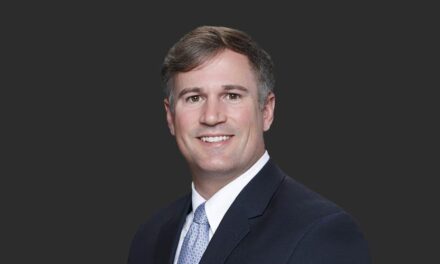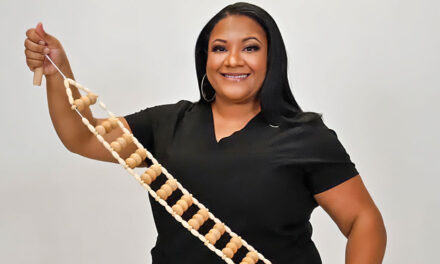By Dale S. Foster, PhD, QEEGD, BCIA and Lee Ann Foster, MS, LMT
What is neurofeedback therapy?
Neurofeedback is a way to train the brain into new functional habits. For example, many people with ADHD have slow or sleepy brainwaves that keep their brains from being alert. With a 19-channel EEG neurofeedback, we can train those sleepy areas into habits of wakefulness.
Every brain is unique, as are the reasons why a brain isn’t performing optimally. This is why it’s important to have a high-quality brain map interpreted by a well-trained clinician. You want to know what your brain is doing before you decide how to train it.
There are many types of neurofeedback. Being in this field for over 35 years, having used many types of neurofeedback, and published research, we highly recommend doing an evidence-based neurofeedback that includes a QEEG brain map before training with neurofeedback AND doing neurofeedback that uses a live QEEG during every single training session so that you know how the brain is responding to the training. We recommend working with a provider certified through the Biofeedback Certification Institute of America (BCIA).
How does it work?
At NeuroSource, the client wears a 19-channel EEG cap, sits in a comfortable chair in front of a large-screen TV, and chooses any movie they like. When the trainees’ brain improves, the feedback, in the form of that movie, will get brighter and louder. The brain perceives this change and upregulates dopamine, the neurochemical of learning. Over time, the brain learns and habituates new, more optimal functional patterns. This is a physiological training, not a cognitive training. We’re training the brain how to function, not necessarily how to think. So, it’s good to pair neurofeedback with talk therapy or other therapies, as the particular situation warrants.
What is Neurostimulation?
We also use NeuroField safe, low-power brain stimulation in the form of transcranial direct current, transcranial alternating current, random noise, pulsed electromagnetic stimulation, and photobiomodulation or light therapy. This stimulation helps speed up the brain’s learning process. And it can help people feel better — more alert, better mood, better focus, less pain, etc.
Unlike rTMS, which is NOT guided by an EEG, is so strong that it depolarizes the brain and has potential unwanted side effects, our stimulation is far more specific as an EEG guides it. It’s also safer, and the effects have been shown to last longer. Unlike rTMS, our stimulation has shown no adverse side effects in research studies. Headaches, hearing loss, light headeness, hypomanic symptoms, and seizures are a few of the reported side effects of rTMS.
What to expect from a session?
People tend to enjoy the sessions. They are watching a movie of their choice, and most feel a noticeable difference in their symptoms within 10 sessions, some sooner and some later, depending on the complexity of their situation.
We use gel in the 19-channel EEG cap, so people need to be prepared to wash their hair after their session. People also need to be well hydrated as the brain does a lot of work during a session and needs good hydration and nutrition.
Some people feel a bit fatigued after a session since it’s quite a brain workout, but that fatigue usually dissipates within an hour.
Who benefits from Neurofeedback?
We have trained children as young as three years old and adults in their 90s. One has to be able to sit still and attend to a movie or audible feedback such as music to watch a movie, lay down, meditate, or nap with a few electrodes and/or a cloth cap with light magnets on their head.
Conditions that involve the brain can benefit from Neurofeedback and/or Neurostimulation:
- ADHD
- Anxiety
- Autism
- Brain Injury / Concussion
- Chronic Pain
- Depression
- Learning Disorders such as dyslexia, dyscalculia, processing disorders, etc.
- Migraines
- Neurodegenerative Conditions granted we catch them early enough – like Parkinson’s and Dementia
- PTSD
- Seizure
- Stroke Recovery
We have over 35 years of experience using the most evidence-based neurotherapies and have published research. If you are interested in finding out more, call us at 901.624.0100 for a free consultation to see if this would be a good option for your situation.







